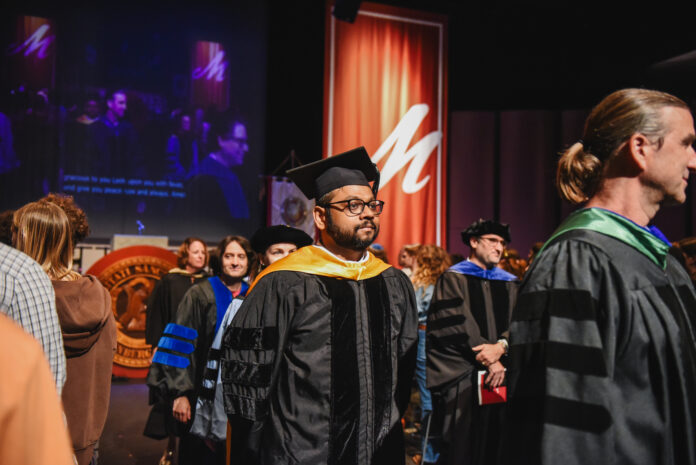Shifts in the faculty roster is a common occurrence in colleges and universities across the country. However, in recent weeks, The Weekly has been made aware of the imminent departure of many of the College’s faculty members. As of now, we are aware of at least five faculty members leaving the school of their own volition. This number does not include professors on adjunct or visiting contracts, those who were fired or placed on leave and those retiring. Several of these five professors are tenured or have tenure-track positions. Securing a job with the level of security provided in these kinds of roles is an increasingly uncommon occurrence in an academic market that is hyper-competitive. So, the question that arises is: why are so many faculty members leaving these coveted positions?
“Faculty (and staff) at colleges and universities across the country have been making career changes more often than usual since the emergency phase of the COVID-19 pandemic. This is a national trend and a phenomenon in all market sectors,” said Provost Laura Furge, Ph.D.
Furge went on to explain that the College has been conducting interviews in search of replacement professors. However, despite the introduction of these new faculty members, one questions how departments are coping with a high turnover rate.
In the public health department, Director and Associate Professor of Public Health Chrysan Cronin, Ph.D., is no longer teaching at the College as of next semester. This leaves Assistant Professor of Public Health Kathleen Bachynski, Ph.D., as the only faculty member whose primary appointment is public health. In the course catalog for next semester, the department is only offering five classes, one of which, Environmental Health, has no instructor listed.
Moving to the sociology department, only one professor, Sahar Sadeghi, Ph.D., is currently slated to teach. In addition, three sections of Introduction to Sociology remain open, with no professor scheduled to teach them yet.
However, the loss of a colleague does not necessarily mean that a department will lose its academic clout. In the computer science department, Assistant Professor Jorge Silveyra, Ph.D., is planning to leave the College. Two professors remain in the department, Hamed Yaghoobian, Ph.D., and Proyash Podder, Ph.D. “The departure of Dr. Silveyra represents a major transition for our department, particularly at a time when we are keenly focused on expanding our faculty to meet the increasing demands of our growing student body in the Computer Science program,” said Yaghoobian.
For computer science, this comes in the form of a revamped curriculum. “Additionally, we are actively exploring the introduction of new elective courses, including offerings in machine learning and cybersecurity, to enhance the breadth of knowledge available to our computer science students,” said Podder.
In the Jewish studies program, Associate Professor Jessica Cooperman, Ph.D., is leaving the role of department chair of religion studies and director of the Jewish studies program. Replacing her is Associate Professor of Religion Studies Dustin Nash, Ph.D. “Having served as both a department chair and director of Jewish Studies– a dual role that will now be taken over by Prof. Nash– meant that I have lots of varied professional experience, in addition to teaching, which was appealing to other institutions, and will be very helpful in a new position,” said Cooperman.
Many of the faculty members who remain at the College are now taking on roles that require them to go on course release. This means that while they may still work at Muhlenberg, perhaps in an administrative role, they no longer teach a full load of three courses. Thus, while these faculty members leaving may not seem that substantial of a change, the shifting of faculty members to upper-level positions has also led to a decrease in classes offered in certain departments.
With the introduction of Muhlenberg’s new curriculum, which comes with a different set of course designations, how will these changes be affected by the faculty turnover rate? This new set of class requirements includes categories such as Meaning and Value; Humans, Histories, and Social Structures and Race and Power in the American Experience. Is now an effective time to introduce a reconstructed curriculum when departments are already struggling to fill classes and find instructors for courses?
Katie is a Media & Communication and Political Science double major in the class of 2024. When she's not working on the paper you can find her blasting Taylor Swift, reading Jane Austen, or crying over Little Women (2019).























